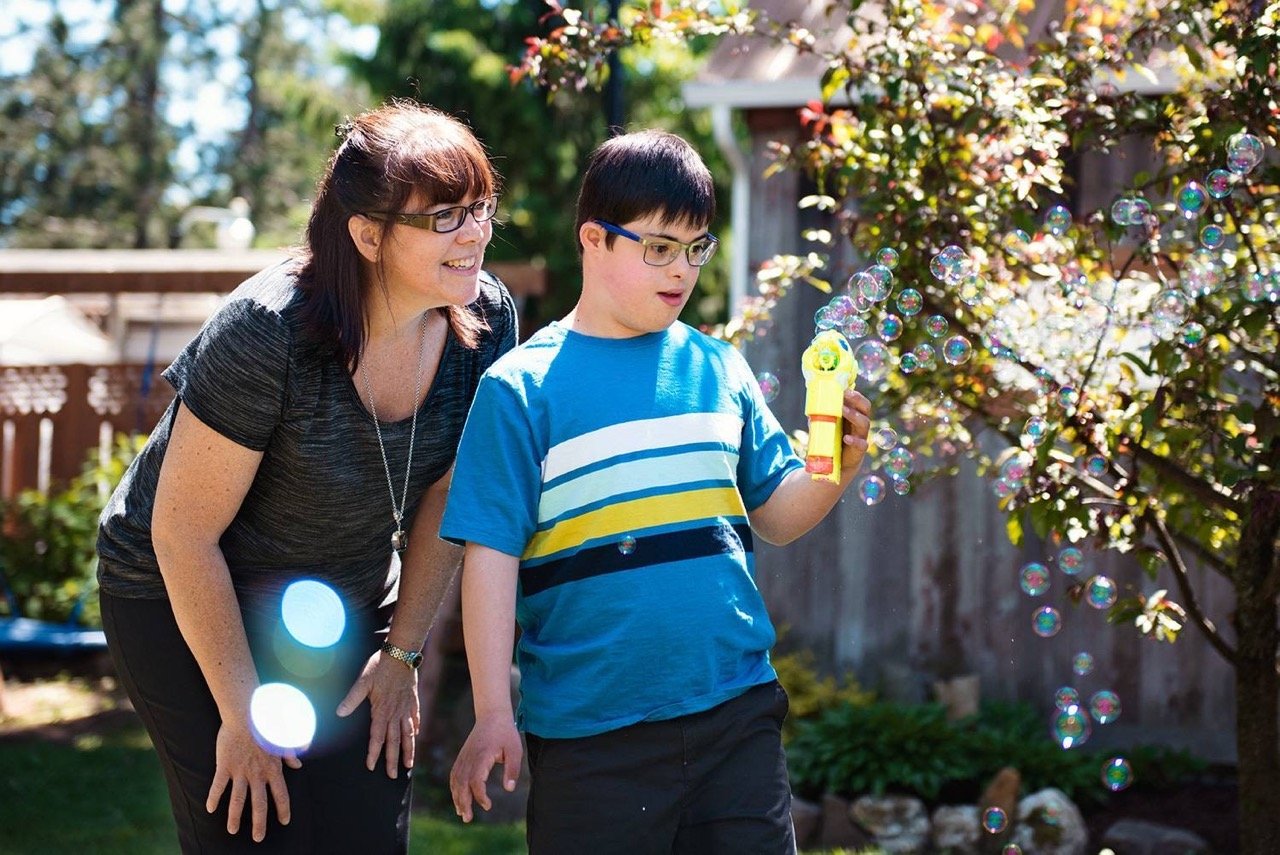8 Holiday Harmony Tips: What To Be Mindful Of These Holidays
1. Sensory Considerations
Why: Sensory sensitivities can be heightened during the holidays.
How: Provide quiet spaces with sensory-friendly elements (e.g., noise-cancelling headphones, soft lighting) for individuals to retreat when needed. Communicate with family members about sensory preferences.
2. Establishing Predictability, Where You Can
Why: Many individuals with disabilities thrive on routine and predictability.
How: Create visual schedules or social stories outlining holiday plans and events well in advance. Use consistent language and visuals to prepare for any changes.
3. Inclusive Planning
Why: Everyone deserves the opportunity to participate in holiday activities.
How: Collaborate with family members, friends, and event organisers to ensure that activities are inclusive. Advocate for accessible and accommodating options.
4. Educating Others
Why: Educating family and friends fosters understanding and support.
How: Provide information about the individual's strengths, preferences, and any potential challenges. Share strategies for positive interaction and support.
5. Clear Communication and Expectations
Why: Clear communication is essential for understanding expectations.
How: Use visual supports, communication devices, or alternative communication methods to enhance understanding. Provide information in a format that aligns with the individual's communication preferences.
6. Preventing Overstimulation
Why: Crowded and noisy holiday environments may lead to overstimulation.
How: Plan outings during less busy times, create social stories around the location and or event, and consider using noise-cancelling headphones. Embrace the diversity in sensory preferences by remaining curious about each other's needs, and strive to create personalised plans that cater to individual differences.
7. Behavioural Emergency Plans
Why: Unpredictable situations may lead to challenging behaviours.
How: Develop and communicate a behavioural emergency plan with clear steps for de-escalation. Train support staff and family members on crisis intervention techniques if necessary. Feel welcome to connect with our team to learn more about creating an individuated plan.
8. Flexibility and Adaptability
Why: Plans may need to be adjusted based on the individual's needs.
How: Be flexible in adapting activities and plans, have backup options, and communicate any changes proactively to minimise stress.

